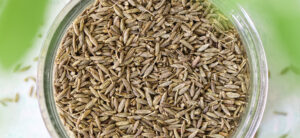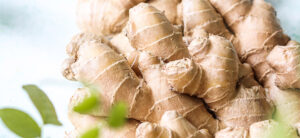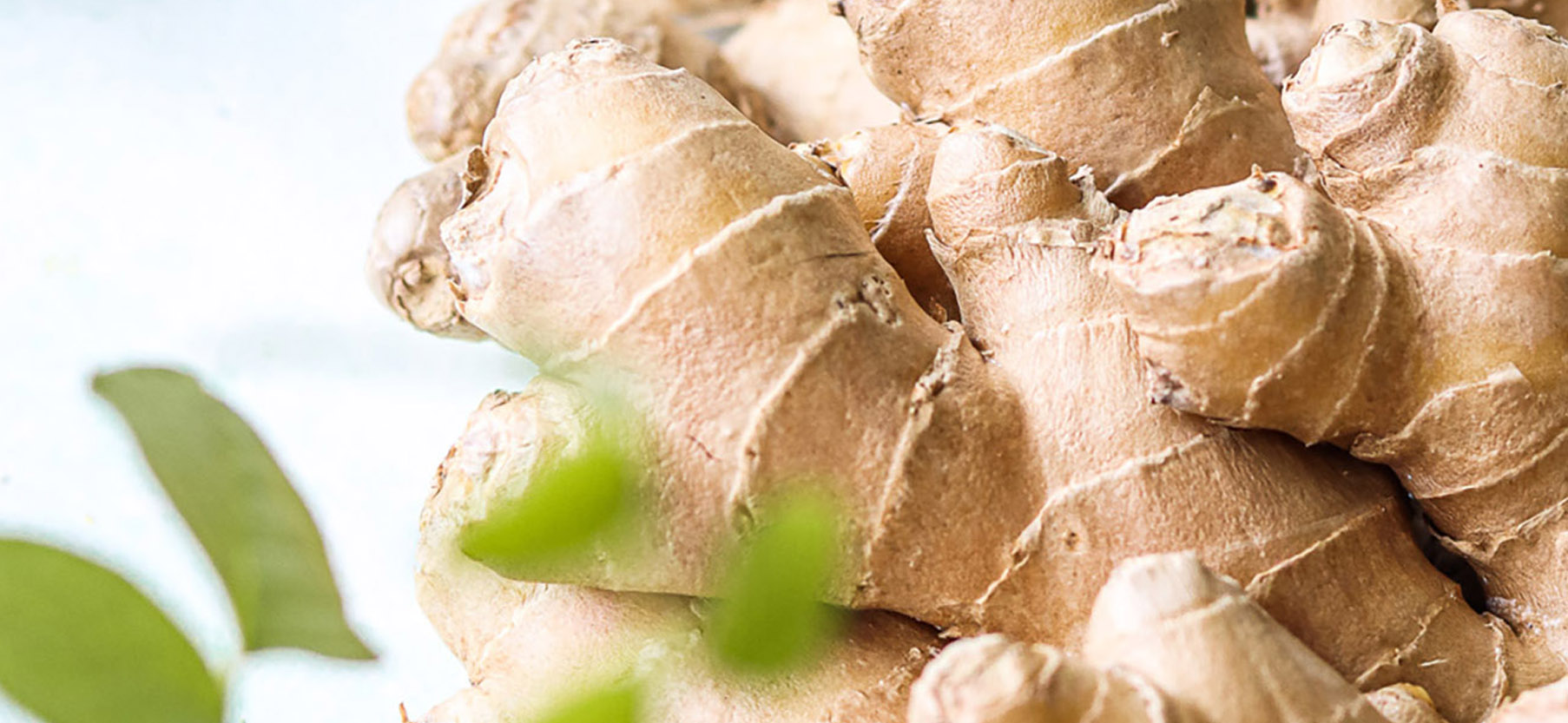There is something to be said about trusting your gut. Your digestive system has many jobs that go beyond digestion. Breaking down food properly is essential for the absorption of nutrients. These nutrients are what keep your nerves on track. We have an entire nervous system in our gut that works directly with the brain through the effects on the nerve in the gut. Here are 5 of our favourite herbs to help support and maintain your gut health.
1) Fennel (Foeniculum vulgare)

Fennel has antimicrobial, antifungal and anti inflammatory properties, which can help reduce gas and bloating in the stomach. This tiny seed has so much fibre that it can help with constipation and digestion by helping to keep things moving.
2) Slippery Elm (Ulmus rubra)

Slippery elm is a demulcent which means it helps to soothe and heal the mucous membranes in the gut. One Study found that slippery elm can help reduce gas, bloating, stool consistency and frequency, and abdominal pain.
3) Ginger (Zingiber officinalis)

Ginger is known to help ease nauseousness but it does a lot more for gut health and digestion. Ginger is a warming herb which helps to stimulate digestion, improve appetite and relieve indigestion. Ginger can help to relieve symptoms of IBS (Irritable Bowel Syndrome) by reducing inflammation on the intestines.
4) Marshmallow Root (Althaea officinalis)

This sweet tasting root contains mucilage and flavonoids to soothe and protect the stomach and esophagus. Research suggests that the mucilage content in the root creates a protective layer of tissue on the lining of the digestive tract.
5) Peppermint (Mentha piperita)

This soothing and calming herb that helps to reduce spasms in the stomach. Peppermint has tannins that help to protect the stomach lining and relieve aches and pains that arise from indigestion, bloating, constipation and IBS.
While these herbs help to assist your body in boosting your natural processes and gut health, ensuring a well balanced diet filled with vegetables, fruit, and fibre will help to fuel the microbes in your gut to operate at peak effectiveness.
**This list of common herbal supplements to support better digestion is for informational purposes only. Talk to your Doctor, Naturopath or Health Care Provider to discuss specific medical conditions or symptoms or if you are taking prescriptions.
Photo credits: Brooke Lundmark

